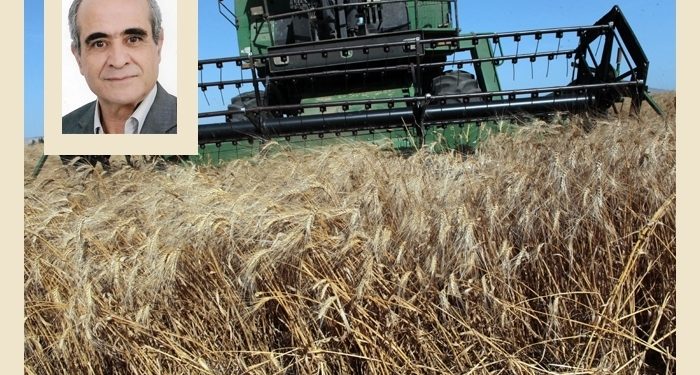A Comprehensive Plan to Expand Cultivation and Support Farmers
In Tunisia, the Ministry of Agriculture has launched an initiative to encourage and support the expansion of farmland in the Tataouine governorate by mobilizing deep water resources. Located in the extreme south of Tunisia, bordering Algeria and Libya, Tataouine covers nearly 24% of the country’s surface area. This ambitious program aims to increase agricultural production while ensuring sustainable practices.
For the 2024-25 campaign, the initiative encompasses a total area of 642 hectares, benefiting 572 farmers. The Ministry has taken all necessary steps to ensure optimal conditions for the success of this project. This includes providing agricultural extension services and support for farmers throughout the process. Additionally, the establishment of a research platform is planned to experiment with different crop varieties, including cereals, fava beans, fodder, irrigation techniques, and fertilization methods.
Looking ahead, the project envisions an expansion of cultivated areas to over 10,000 hectares, with the potential for future cultivation of up to 55,000 hectares. Given the significant water reserves and the availability of vast agricultural lands, the success of this initiative could lead to substantial increases in planted areas.
The approach of this project emphasizes support for small farmers, with an average farm size of 1.1 hectares. The collaborative spirit among the administration, private operators, and farmers is crucial for its success. The proposed methods are gentle, utilizing non-aggressive and non-destructive technologies that prioritize the preservation of resources, including water, soil, and the environment. Furthermore, the project advocates for the use of solar energy, aligning with sustainable, natural, and ecological agricultural practices.
By integrating wheat cultivation, the project allows for diversification of crops and the practice of polyculture, with opportunities to incorporate livestock and beekeeping. This could significantly enhance soil quality in the desert and break away from the traditional image of the South, known primarily for its date palms and camel safaris. Such initiatives have the potential to transform the Sahara, alleviating poverty and unemployment, while improving the quality of life for local residents.
Research institutions, including INGC, INRAT, and the Institute of Arid Regions, are at the project’s core, driving innovation and providing scientific solutions to developmental challenges. It is through rigorous research that serious responses and innovative solutions can be proposed, paving the way for a sustainable agricultural future in Tunisia.
Error




